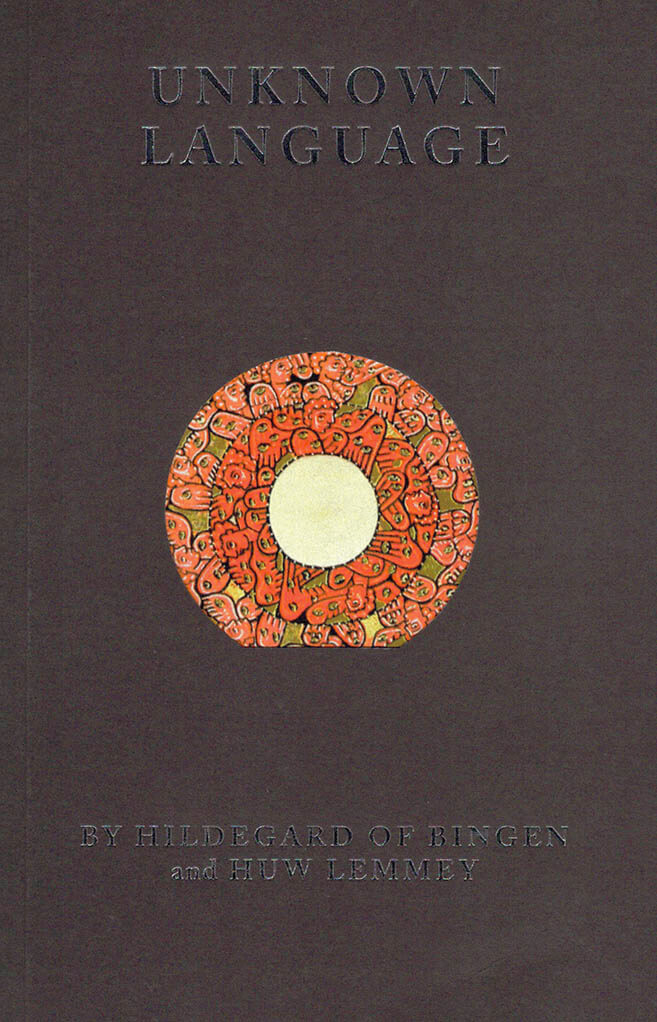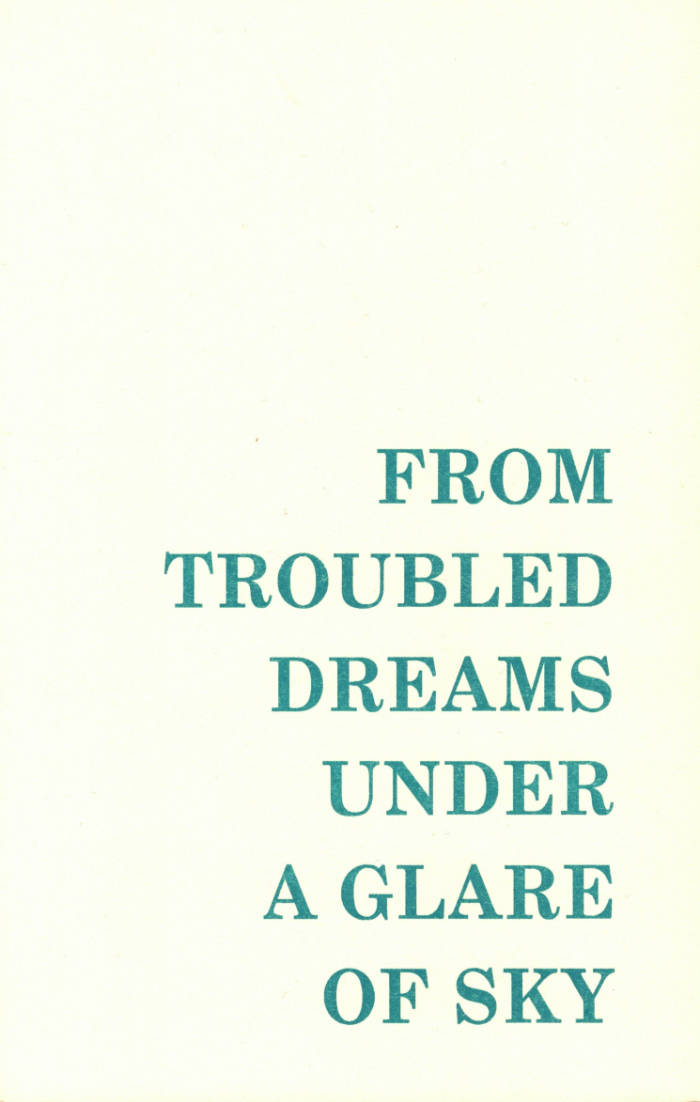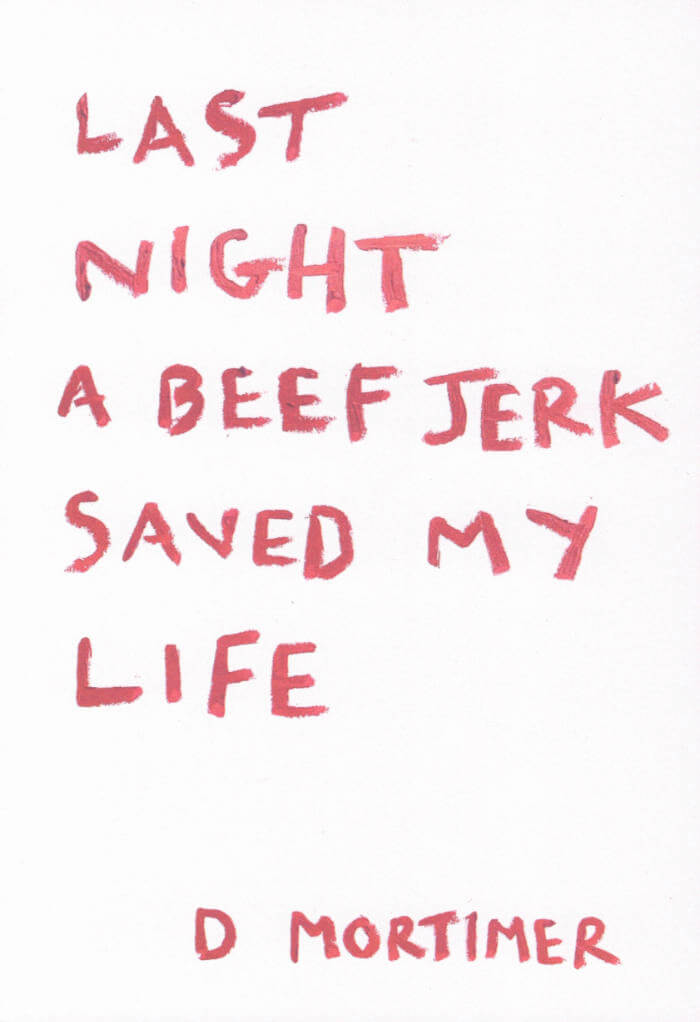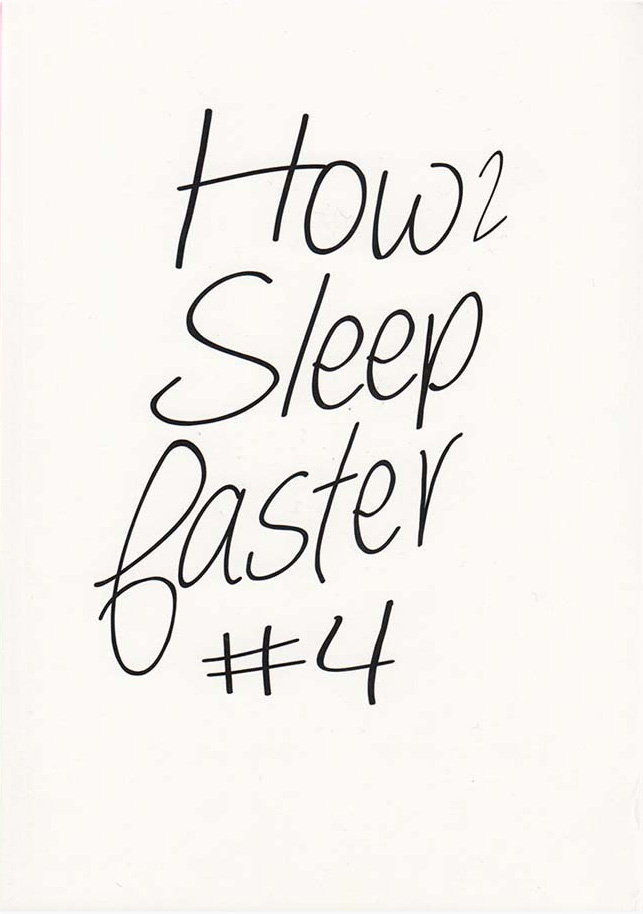Huw Lemmey
Huw Lemmey

Bad Gays: A Homosexual History
An unconventional history of homosexuality.
We all remember Oscar Wilde, but who speaks for Bosie? What about those 'bad gays' whose unexemplary lives reveal more than we might expect? Many popular histories seek to establish homosexual heroes, pioneers, and martyrs but, as Huw Lemmey and Ben Miller argue, the past is filled with queer people whose sexualities and dastardly deeds have been overlooked despite their being informative and instructive.
Based on the hugely popular podcast series of the same name, Bad Gays asks what we can learn about LGBTQ+ history, sexuality and identity through its villains, failures, and baddies. With characters such as the Emperor Hadrian, anthropologist Margaret Mead and notorious gangster Ronnie Kray, the authors tell the story of how the figure of the white gay man was born, and how he failed. They examine a cast of kings, fascist thugs, artists and debauched bon viveurs. Imperial-era figures Lawrence of Arabia and Roger Casement get a look-in, as do FBI boss J. Edgar Hoover, lawyer Roy Cohn, and architect Philip Johnson.
Together these amazing life stories expand and challenge mainstream assumptions about sexual identity: showing that homosexuality itself was an idea that emerged in the nineteenth century, one central to major historical events.
Huw Lemmey is a novelist, artist and critic living in Barcelona. He is the author of three novels: Unknown Language, Red Tory, and Chubz. He has written for the Guardian, Frieze, Tribune, the Architectural Review, New Humanist, the White Review, and L'Uomo Vogue, among others.
Ben Miller is a writer and researcher living in Berlin, where he is currently a Doctoral Fellow at the Graduate School of Global Intellectual History at the Freie Universität. He has written for the New York Times, Literary Hub, Los Angeles Review of Books, Tin House, and Radical History Review, and is the author of The New Queer Photography. Since 2018 he has been a member of the board of directors of the Schwules Museum, one of the world's largest independent queer museums and archives.

Unknown Language
Hildegard von Bingen, Huw Lemmey
Long, long before the Information Age ended, young Hildegard of Bingen finds beauty in the moral and spiritual ruins of her medieval world. In her forty-third year, she inscribes her cosmic visions into Scivias, an indescribably beautiful codex of writing and illuminations thought to be destroyed during the evacuation of Earth.
In a sea cave with cracked amethyst walls on Avaaz, Pinky Agarwalia discovers fragments of this visionary text containing hitherto unknown pathways to a lost vision of human co-existence with plants and non-humans - and the seeds of its rebirth on Avaaz.
Bursting with mythic quantum energy, Hildegard's vital linguistic potion viriditas, threaded throughout her communiqués, is a lush, verdant, renewable life-force. Her ecological message may be just the magic needed for rebirth on Avaaz. Hildegard's mystic toolkit for the future includes a cosmology, medicine, a morphology of crystals, recipes - and the symbols of a new language.
As Pinky Agarwalia traces the diagrams with her fingertip, she suddenly understands - a vision that appears without warning in her own mind - that she must first immerse these materials in water, a guarded substance. In the water, the molecules of the hidden language dissolve, freeze then reconfigure into new shapes, the crystalline language communicated not through sound but by feeling and light. Lingua Ignota, Hildegard's mysterious invented 'unknown language', arrives just in time for a world in flux, one whose coordinates are being recast.
Hildegard von Bingen (1098-1179), also known as Saint Hildegard and the Sibyl of the Rhine, was a German Benedictine abbess, writer, composer, philosopher, Christian mystic, visionary, and polymath. She is considered to be the founder of scientific natural history in Germany.
Huw Lemmey is a writer and publisher. He writes on culture, politics and sexuality, and is the author of the novels Chubz and Red Tory (Montez Press).
And more

Edinburgh International Film Festival
From Troubled Dreams Under A Glare Of Sky
From under the luminous glare of the laptop and cinema screen, From Troubled Dreams Under A Glare Of Sky gathers newly commissioned essays from nine writers in Scotland, exploring ideas of cinema and metamorphosis.
Considering films in the programme of the 76th Edinburgh International Film Festival (EIFF) and beyond, the texts ranging in style, form and focus-encompass dreams and awakenings, the fatigue of cultural production, queerness and transness, Blackness and sacred spaces, and depictions of the immigrant. Each text creates space to understand, to make sense of what is on screen and what is out of frame.
Filmmakers discussed include Kelly Reichardt, Cauleen Smith, Celine Song, Paul B. Preciado, Babak Jalali, Liu Jian, Ng Choon Ping and Sam H. Freeman, Huw Lemmey and Onyeke Igwe. Expanding on an eclectic array of new and retrospective cinema, the collection seeks to introduce readers to a burgeoning Scottish scene of fresh voices in film and cultural criticism.

Last Night A Beef Jerk Saved My Life
'Mortimer is one of the most talented writers of our generation and their debut collection proves this. Part essay, part poem, part memoir and part SOS, Last Night a Beef Jerk Saved My Life navigates its thematic scope—ranging from transness, queerness and naming to loving and losing—with sensitivity, insight, humour and bravado. Best thing I read this year.' - Isabel Waidner
'Last Night a Beef Jerk Saved My Life is a wonderful and thoughtful reflection on love and beauty and bodies and music and memories, and on the constellations of small things that make up modern queer life.' - Huw Lemmey
D Mortimer is a writer from London focussed on trans crip narratives. Their work (essays, poetry, prose, creative-criticism) has appeared in Granta and been performed at the Institute of Contemporary Art in London (Queers Read This, The Kathy Acker Reading Group). Their short story ‘Supermarket Revelations’ was published in Liberating the Canon: An Anthology of Innovative Fiction (ed. Waidner, Dostoyevsky Wannabe: 2018) and a poem-essay, 'How To Draw Hands', was published by Warm Yourself by My Trash Fire in 2020.

Sinkhole: Three Crimes
A novel in three parts, Sinkhole: Three Crimes submerges readers in a grotesque and comical world on the edge of collapse – much like our own. Britain is immersed in a toxic swamp, and sinkholes are opening up in the ground with alarming frequency. Amid the mayhem, three crimes take place: Stonehenge has been stolen, a porn-addicted ghost writer faces the phantoms of her past, and a murder takes place among ex-pats in a Goan village.
‘An acidly funny vivisection of British mores and follies, delivered with razor wit and style. McLaughlin’s creative imagination is restless, wide-ranging and prescient, unveiling a terrifyingly plausible array of futures.’ – Leon Craig, author of Parallel Hells
‘Sinkhole is a twisted dystopian satire that captures all the maladies of modern England – a sick and perverse nation – in hilarious, pin-sharp definition, as it slides back under the waves.’ – Huw Lemmey, author of Red Tory: My Corbyn Chemsex Hell
Rosanna McLaughlin is an author and cultural critic. Double-Tracking, her debut collection of satirical essays and short fiction on the subject of middle-class duplicities, was published by Carcanet in 2019. An original proposal for the book was shortlisted for the Fitzcarraldo Essay Prize in 2016. Rosanna has written on subjects including Ariana Grande, the legacy of Section 28, and the weaponisation of Ana Mendieta. In 2017, she was writer-in-residence for the British Council Caribbean, researching the political fallout following Mendieta’s death. Her reviews and essays have been published in frieze magazine, ArtReview and the Guardian, among other places. She is co-editor of The White Review.

Un-Break My Walls
The first monograph on Christiane Blattmann takes its title from her solo show Un-Break My Walls at Kunsthalle Münster in 2019. Blattmann intricately interweaves, intermeshes, combines, compounds, merges, and processes in her work not only materials but also structures, things, stories, characters. The volume includes extensive illustrations of exhibitions, projects, and works, and a great number of black-and-white images capture the artist’s studio practice. The interactions of materials, along with theoretical and literary references, serve as important points of departure, and the emblematic outcomes involve text and texture as material structure and patterned surface; vivid condensation and entanglement; and invitations to exploration and reflection. The book compiles different elements designed on a series of shifting layers. Texts by Merle Radtke and Chloe Stead and a conversation between Christiane Blattmann and Than Hussein Clark provide insight into Blattmann’s art, complemented by a piece of fiction by Huw Lemmey.
Texts by Merle Radtke, Huw Lemmey, and Chloe Stead, and a conversation between Christiane Blattmann and Than Hussein Clark

What The Fire Sees
A collection of anti-capitalist poetry, philosophy, cultural analysis, legal studies, manifesto and critique spanning 1996 to the present by Alenka Zupančič, Alexander Kluge, Amy Ireland, Anne Boyer, Aurelia Guo, Bini Adamczak, Carolyn Lazard, Chi Chi Shi, Denis Ekpo, Feminist Judgments Project, Gili Tal, Houria Bouteldja, Huw Lemmey, Keziah Craven, Marina Vishmidt, Nat Raha, Sarah Lamble, Teflon and Vanessa Place.
Divided we fall, but where do we land? This collection explores some of the grounds on which thinking and writing can begin again.
– Sadie Plant

How to Sleep Faster 4
With the fourth issue of How to Sleep Faster we asked our contributors four interconnected questions: What now is a radicalised, networked, subjectivity? How can we build a commons through and from this subjectivity? Is it self-critical in its understanding of the ‘we’ it talks for? And lastly, how do, and how must, these subjectivities engage with globalised material realities?
At root, the exploration of these ideas — as connected themselves – is about a critique of readings of the network through Multitude. We are looking to think beyond immanence, and look to something else, by asking what ‘something else’ is, or could be.
Contributors: Megan Kelly Rooney, Eleanor Weber, William Kherbek, Hannah Black, Harry Sanderson, Georgina Miller, Paul Kneale, Candice Jacobs, Aimee Heinemann, Ann Hirsch, Harry Burke, Rosa Aiello, John Bloomfield, Maja Malou Lyse (Boothbitch), Holly White, Martina Miholic, Felix Petty, Huw Lemmey, Julian Molina, Rachel Schofield Owen, Charlie Woolley, Jesse Darling, KERNEL.
Rozsa Farkas, Tom Clark (eds).